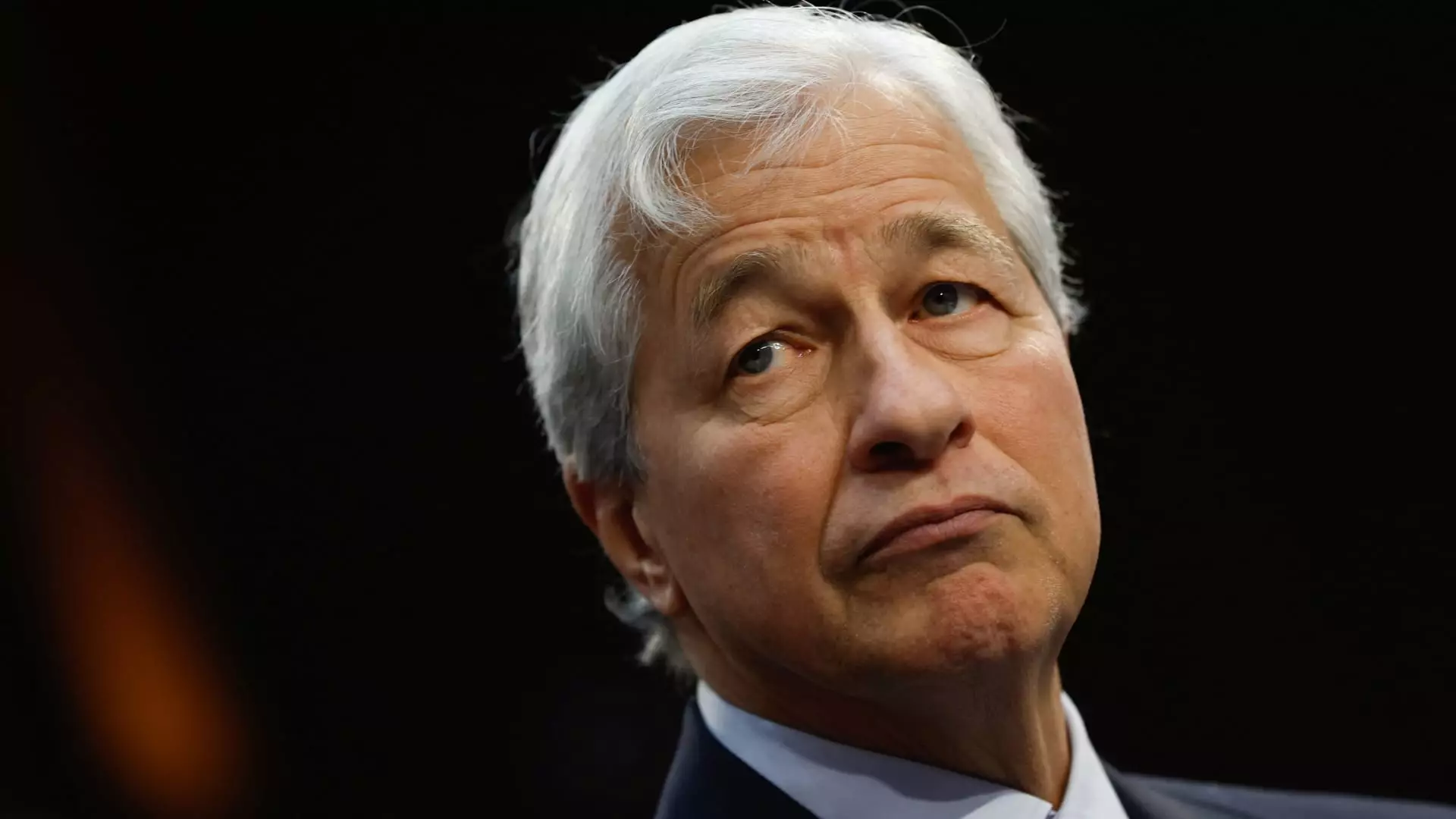In a pointed observation, Jamie Dimon, the CEO of JPMorgan Chase, has underscored the escalating risks associated with the current geopolitical tensions that are destabilizing global relations. His remarks come as a response to ongoing conflicts in the Middle East and the persistent ramifications of Russia’s war in Ukraine, both of which are contributing to an increasingly precarious situation worldwide. Dimon articulated that the turmoil not only causes immediate human suffering but poses a significant threat to global economic stability and the very fabric of historical progress. The potential for these conflicts to alter the geopolitical order established post-World War II cannot be overlooked.
The intensity of the conflict between Israel and Hamas has persisted, intensifying the humanitarian crisis as it approaches the one-year mark since the brutal attack on October 7, 2022. The war has spiraled into a multifaceted struggle, drawing in actors such as Hezbollah and Iran. Recent events have demonstrated the stark realities faced by civilians caught in the crossfire, with reports of escalated military actions leading to substantial casualties. The Israeli airstrikes in Beirut serve as a chilling reminder of the conflict’s expansion beyond borders, amplifying fears of a broader regional conflict that could provoke a severe economic fallout.
Simultaneously, the conflict in Ukraine remains a persistent issue, exacerbated by Russia’s latest decision to significantly increase defense spending. This spike reflects an unmistakable intent to prolong the invasion, alarming analysts who calculate the repercussions that extend far beyond national borders. As global leaders grapple with these threats, Dimon’s acknowledgment of the potential for “nuclear blackmail” from nations like Iran, North Korea, and Russia encapsulates the severity of the situation. It illustrates a world on edge, where the threat of nuclear capabilities weighs heavily on diplomatic interactions and international negotiations.
In light of these unfolding crises, Dimon emphasized the pressing need for decisive leadership from America and its allies. The absence of cohesive action could enable the continuation of instability and the prospect of further conflict, which he described as his paramount concern during a recent discussion at Georgetown University. Such leadership is crucial not only to address immediate threats but also to foster a framework that can restore balance and peace to a precarious landscape.
Despite noting some indicators of economic resilience, Dimon expressed caution regarding the U.S. economy’s trajectory. He pointed to ongoing challenges such as fiscal deficits, infrastructure inadequacies, and evolving trade dynamics as significant hurdles that must be addressed. The complexities of the global economic environment are deeply intertwined with political conditions, and long-term stability will depend significantly on how world leaders engage with these multifaceted issues.
As geopolitical tensions simmer and conflicts rage on, the call for strong and engaging leadership has never been more urgent. The interconnectedness of global events suggests a future that may be fraught with uncertainty if not managed with foresight and strategic resolve.

